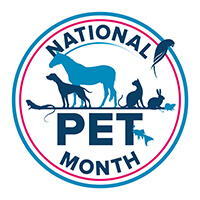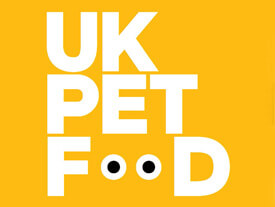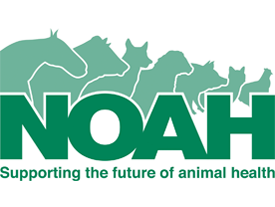NPM's Good Pet Owner's Guide To Protecting Our Planet
Sometimes, however careful we are to only buy the amount of pet food needed, there may be leftovers. So, how do we ensure that any leftover food and used pet food packaging is disposed of responsibly?
.jpg)
Although the pet food industry has a low impact on food waste, with pet owners throwing less than 1% of pet food away compared to an average of 30% of all other food, (Source WRAP Reports), every step nearer that magic 0% is great news for the planet.
New Government regulations coming into place will mean a simplified and improved recycling system consistently across all councils in the years ahead, but we need to continue doing our bit in the meantime.
Here are some top tips to help us be kinder to our planet.
1. Always check your pet food manufacturer’s instructions to ensure any food is stored correctly to maximise its shelf life.
2. Left over wet food can attract rodents and foxes so it’s not normally suitable for home composting, Instead, if your local council collects food waste, check their website to see if pet food can be put in your food bin.
3. With any kibble, remember that adding dry pet food to your compost can attract pests and be harmful to your pets if they eat it. Due to its protein content, pet food is a green compost so it will likely increase the temperature of your compost significantly if any is accidentally added.
4. Steel tins and their lids can go into normal household recycling if your council collects metals. Remove labels and wash the tin to help keep the recycling stream clean.
5. Paper labels can go into your paper recycling.
6. If paper and metals are collected in the same container, still separate the label from the can to ensure materials are sorted correctly.
7. If you need to separate aluminium and steel for your local recycling centre, steel cans are normally magnetic. Check using a magnet at home, for example, by using a wallet or handbag closing.

8. With plastic packaging, look for a logo on it that includes a number to let you know which type of plastic your bag is made from. If it’s not easily identifiable, contact the brand to find out what the number is.
9. Your local council may collect your plastic bag, but if not, many supermarkets can recycle plastic bags with the number 4 logo.
10. If your pet food is in a compostable bag, check with the brand before putting your packaging in the compost bin at home. Some types of packaging are designed for home composting, others may need to be put in your council’s food waste bin.
11. If you buy a new brand or flavour of food for your pet and they don’t like it, please contact your local pet rescue or food bank to see if they will accept it as a donation.
12. If you have pet birds, remember that most pet bird food is suitable for feeding to wild birds. Take care with parrot food as this may contain chillies and dried fruit, however this is fine for ground feeding birds.
13. Some pet food is suitable for native wildlife, like hedgehogs, so get in touch with your local wildlife rescue centre to see if they’d like a donation of unwanted pet food.
14. Soft plastics including pet food pouches can now be recycled at your local supermarket and Pets At Home. Find your nearest locations here:
https://www.recyclenow.com/recycling-locator?rlw-stream=16

Find your local recycling facility here: https://www.recyclenow.com/recycling-locator
Find out what can be recycled where: https://www.recyclenow.com/recycle-an-item
Whilst this may feel like a fair bit to research and action at first, remember that once you’ve developed a good recycling habit, it will become second nature, so keep going. Every little step we take together can make a positive difference to our environment.


